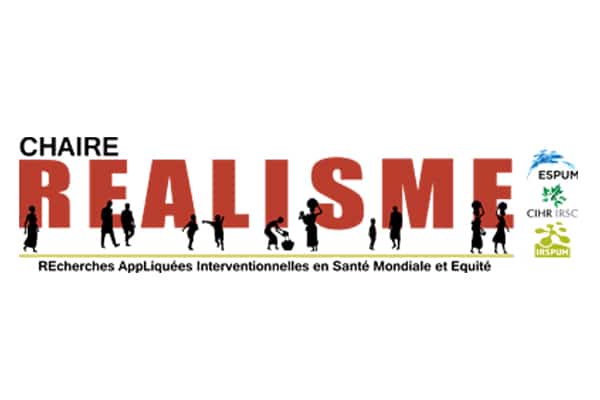Description
Cahier REALISME n°6: The Under-Exploited Potential of Civil Society in Improving Maternal Health in Cameroon: Abstract
The maternal mortality rate suffered the most catastrophic evolution of all development indicators in Cameroon with a 82% increase over the past twenty years. The following determinants can be linked to most maternal deaths: lack of health infrastructures and of quality health personnel, governance issues, poverty, harmful cultural practices, physical violence against women, aggravating diseases such as HIV/AIDS or malaria and lack of access to water and sanitation. Maternal health indicators, such as the percentage of births assisted by skilled attendants or of mothers receiving prenatal care, are lower in the Far North, North, Adamawa, East and South regions and in rural areas all over the country. The government and its international partners have launched several pilot initiatives to improve the situation in recent years, but their efforts are insufficient in view of national needs.
Objectives
The objective of Cahier REALISME n°6: The Under-Exploited Potential of Civil Society in Improving Maternal Health in Cameroon by Christelle Cazabat is to assess the potential of a greater involvement of civil society in national strategies to improve maternal health in Cameroon. Health is generally seen as the responsibility of the government, but contributions from civil society can accelerate progress and complement governmental initiatives in countries where resources are limited. Cameroon, a lower-middle income country in Central Africa, was chosen as an example for its prosperous civil society and challenging maternal health situation.
Methods
As part of a PhD research for the University of the Sorbonne, a study on the role of civil society in development led to the construction of an original database of 398 organizations working on development in Cameroon. This database, completed by a literature review and by interviews with institutional and civil society stakeholders, served to identify potential civil society partners to improve maternal health in Cameroon.
Results
Opportunities exist to launch new partnerships between the Cameroonian government, its international partners and civil society in areas related to maternal health. The government and its partners have officially recognized the role of civil society in development and pledged to collaborate more actively with non-governmental organizations. However, past experiences in similar projects have highlighted recurring obstacles, such as civil society’s limited financial and technical resources.
Conclusion
In the context of the new Sustainable Development Goals adopted in September 2015 by the government of Cameroon, a greater involvement of civil society in maternal health strategies seems inevitable. Identifying the most promising areas for collaboration and working to address the obstacles that may stand in the way will be key to reducing the maternal mortality rate by 2030.







